New silica microsphere films mimic the striking color display of the Morpho butterfly, with the added advantage of material flexibility.
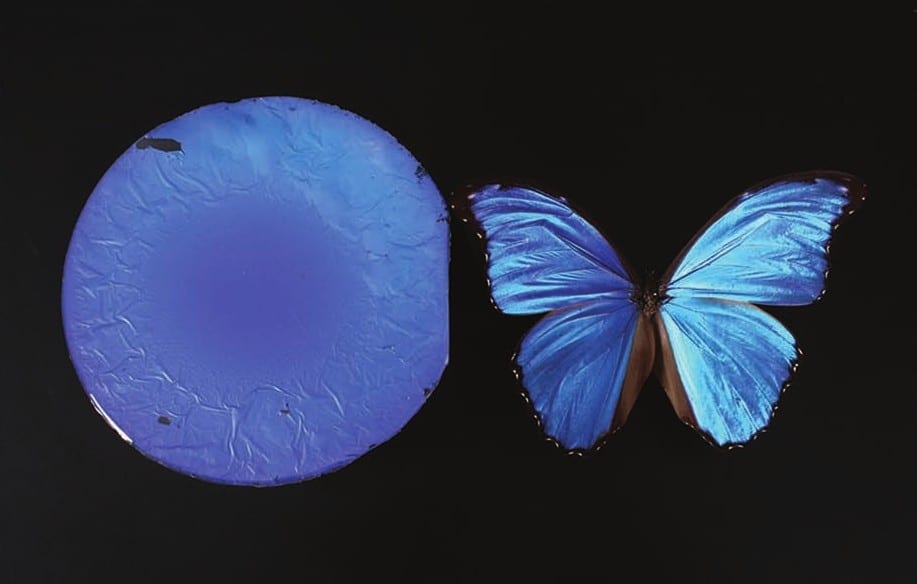

New silica microsphere films mimic the striking color display of the Morpho butterfly, with the added advantage of material flexibility.

Multi-year research effort to improve supply, efficient use, and recycling of critical materials to reduce US dependence on foreign sources.

Graphene and carbon nanotubes could improve the electronics used in computers and mobile phones, reveals new research from the University of Gothenburg, Sweden.
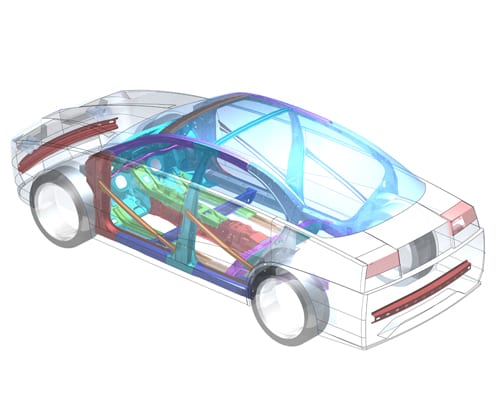
Voestalpine develop new lightweight steel construction method that could save the automotive industry millions.
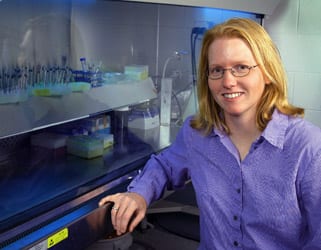
Inaugural recipient honored for exceptional achievement at the interface of materials and biology.

Ion-sensitive field-effect transistors meet scalable CMOS technology to yield low-cost, high throughput DNA sequencing modules.
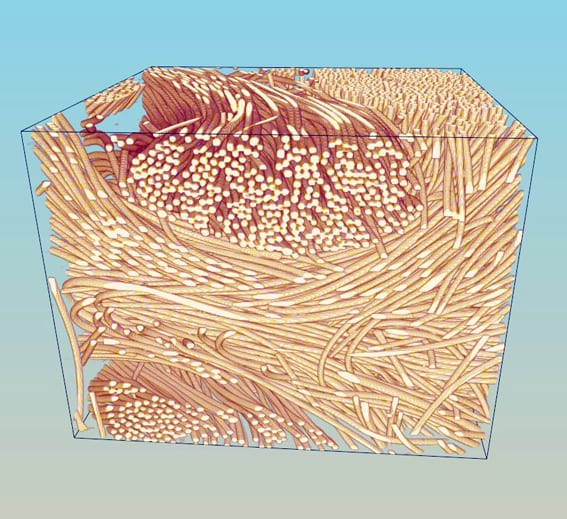
Carbon fiber-reinforced carbon has outstanding material properties and many applications but is extremely expensive – how to improve the processing of this useful material?
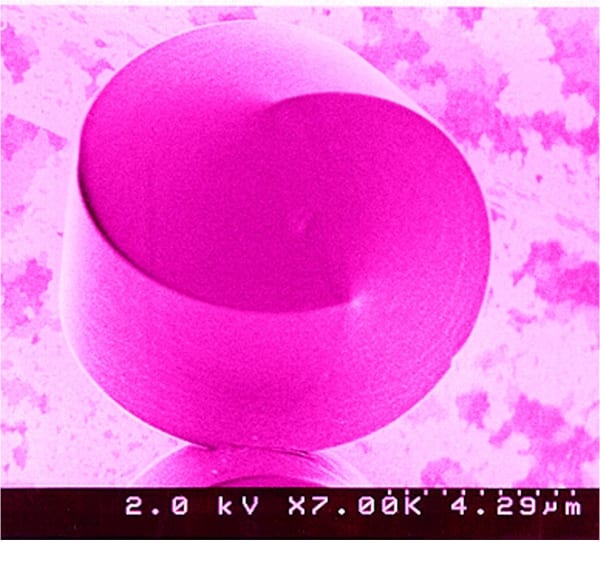
Professor Geoffrey Ozin from the University of Toronto discusses the endless possibilities of biomimicry and biotemplating.

Though important, there are trade-offs to achieving the UN’s sustainable development goals when it comes to carbon capture and utilization.

The production of kerosene directly from carbon dioxide and water promises to be a game-changer in the energy field.